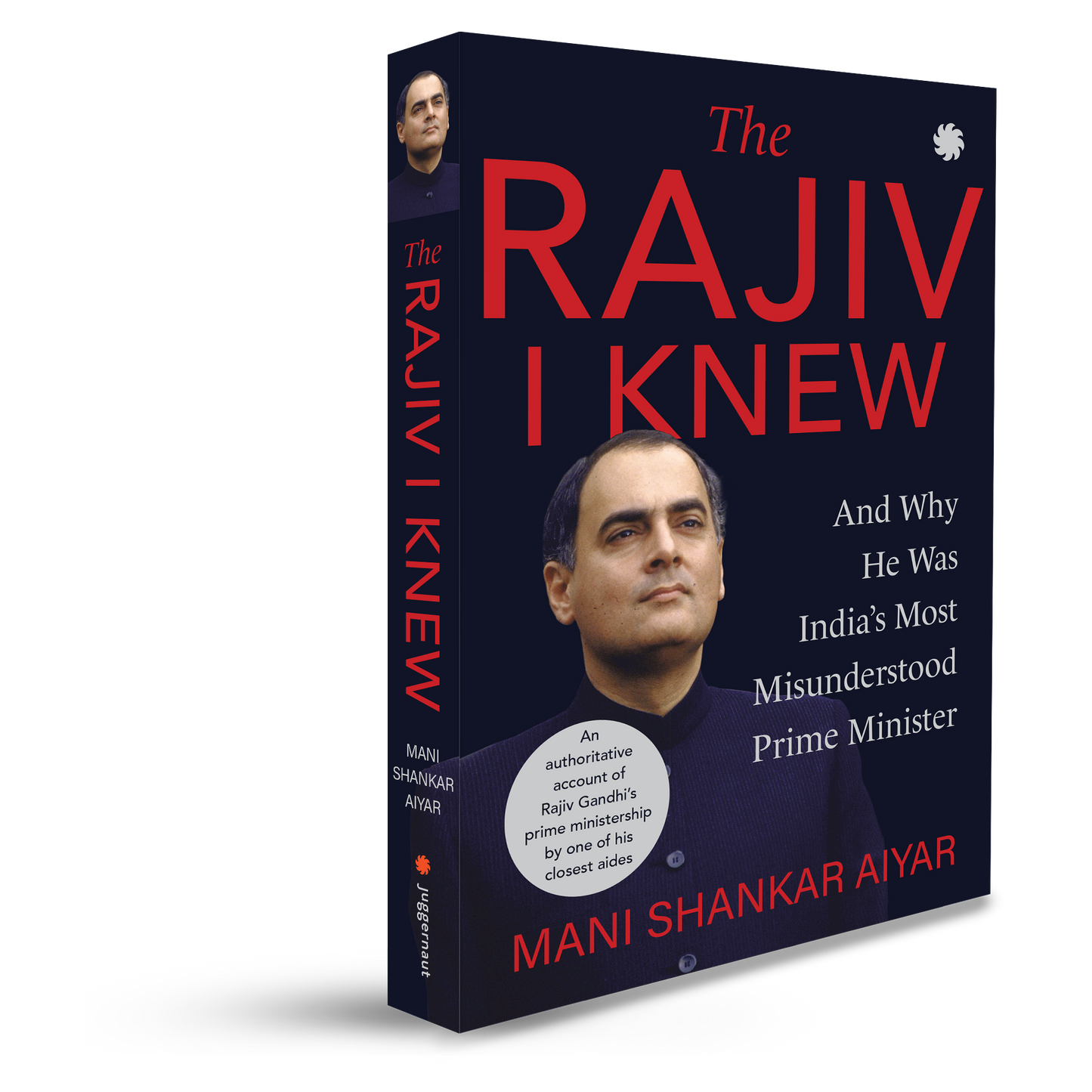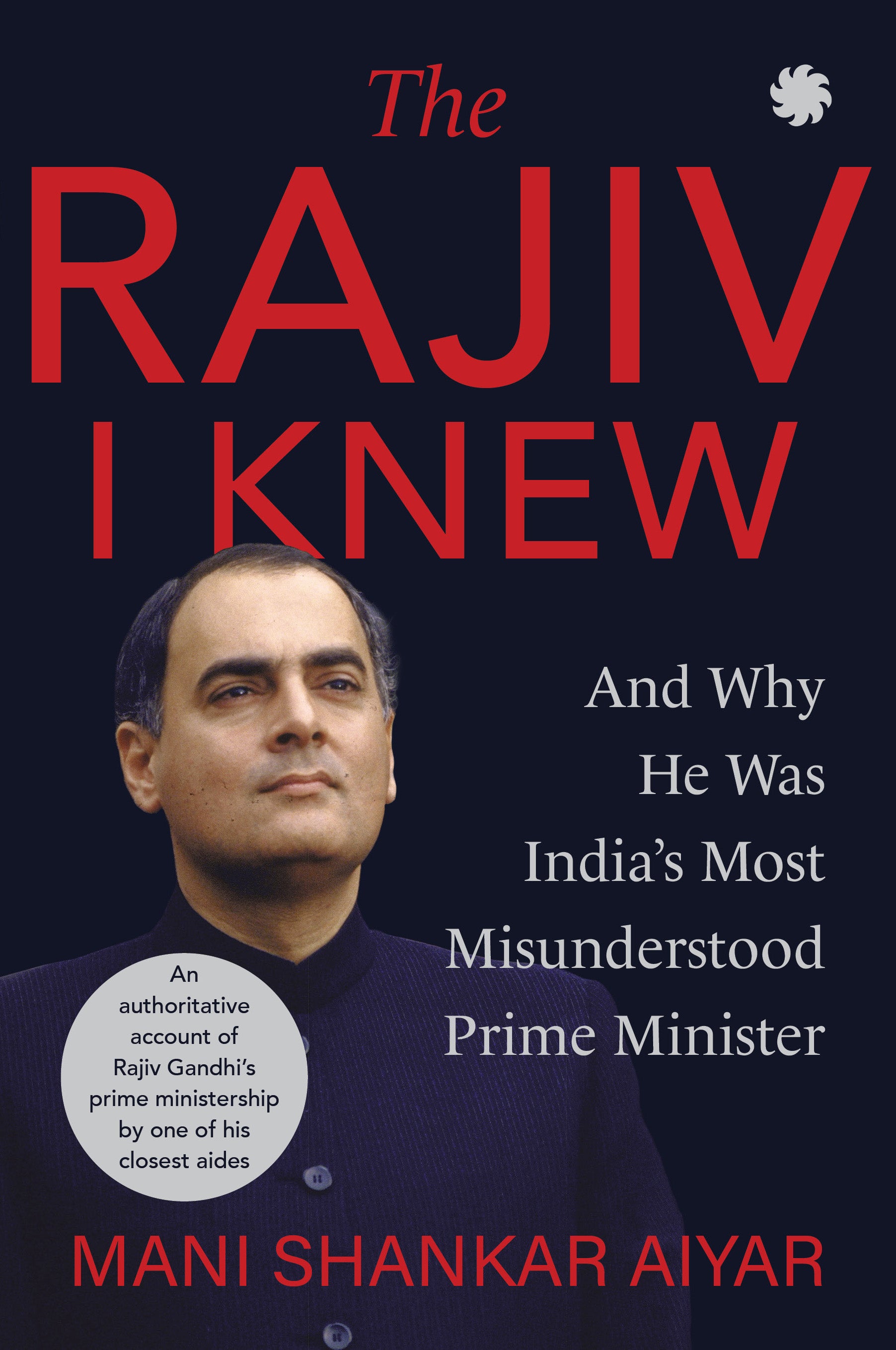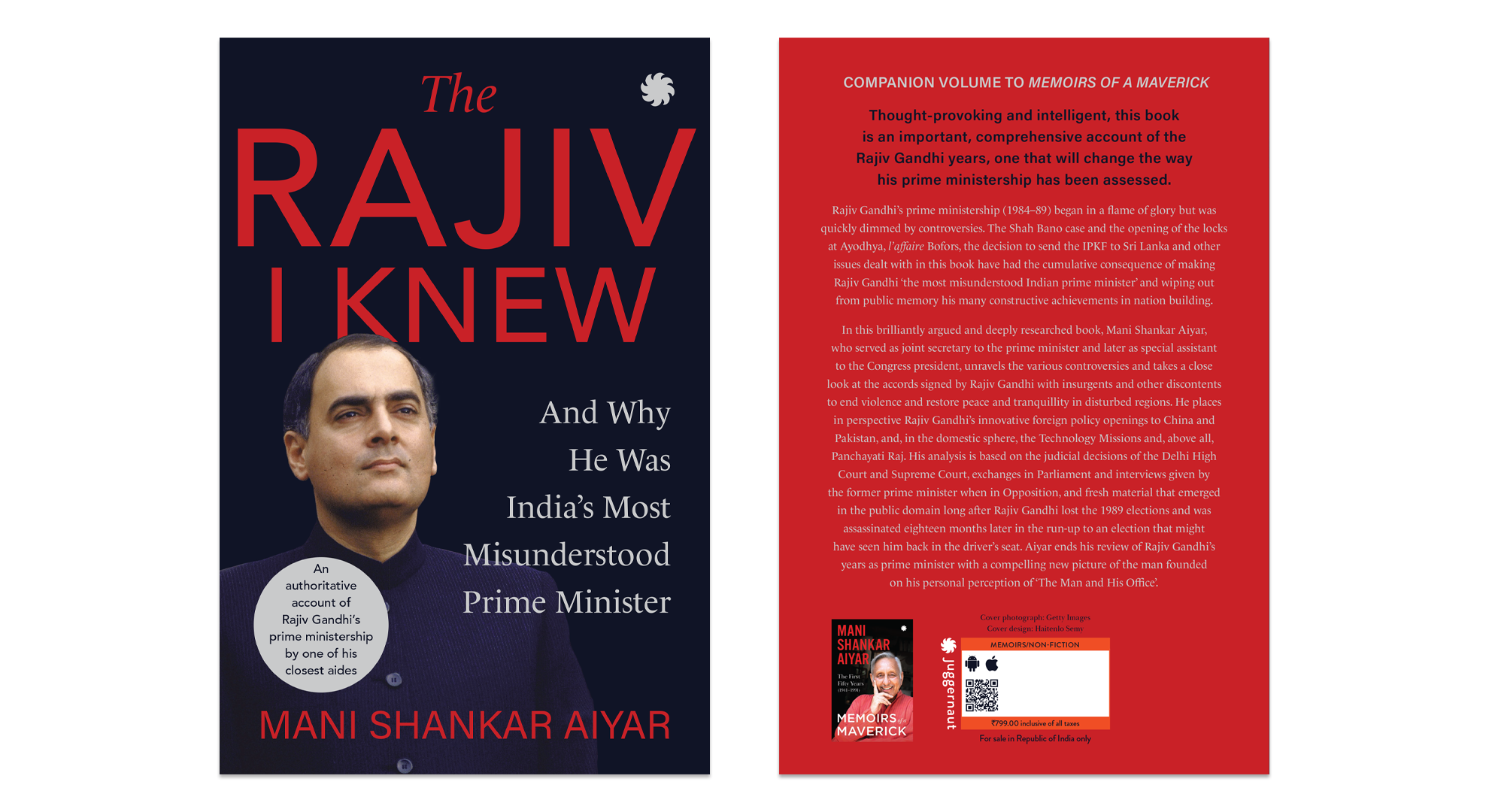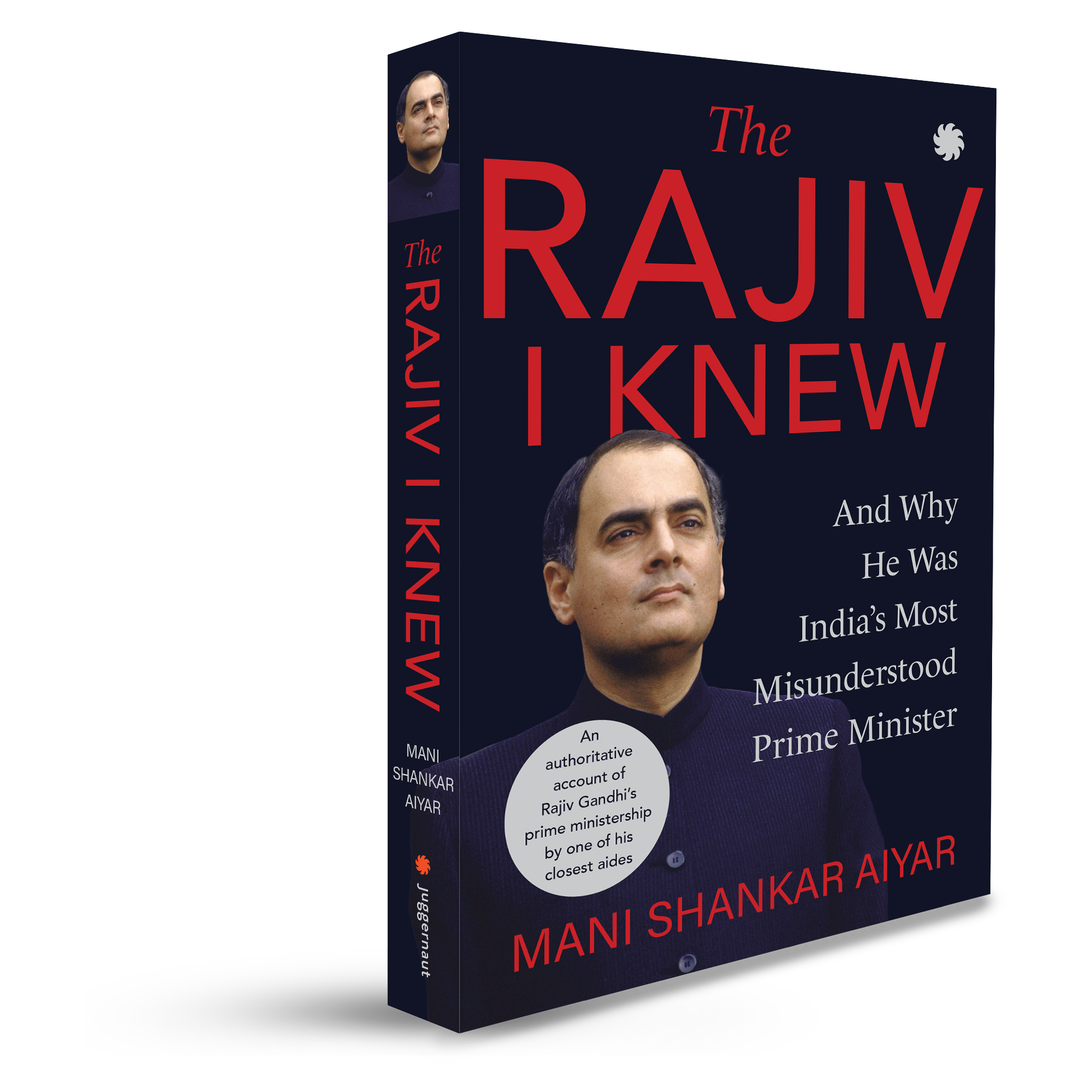The Rajiv I Knew: And Why He Was India's Most Misunderstood Prime Minister
The Rajiv I Knew: And Why He Was India's Most Misunderstood Prime Minister
Mani Shankar Aiyar
- Language: English
- Print Length: 336 Pages
- ISBN-10: 9789353457525
- ISBN-13: 978-9353457525
Rajiv Gandhi’s prime ministership (1984–89) began in a flame of glory but was quickly dimmed by controversies. The Shah Bano case and the opening of the locks at Ayodhya, l’affaire Bofors, the decision to send the IPKF to Sri Lanka and other issues dealt with in this book have had the cumulative consequence of making Rajiv Gandhi ‘the most misunderstood Indian prime minister’ and wiping out from public memory his many constructive achievements in nation building.
In this brilliantly argued and deeply researched book, Mani Shankar Aiyar, who served as joint secretary to the prime minister and later as special assistant to the Congress president, unravels the various controversies and takes a close look at the accords signed by Rajiv Gandhi with insurgents and other discontents to end violence and restore peace and tranquillity in disturbed regions. He places in perspective Rajiv Gandhi’s innovative foreign policy openings to China and Pakistan, and, in the domestic sphere, the Technology Missions and, above all, Panchayati Raj. His analysis is based on the judicial decisions of the Delhi High Court and Supreme Court, exchanges in Parliament and interviews given by the former prime minister when in Opposition, and fresh material that emerged in the public domain long after Rajiv Gandhi lost the 1989 elections and was assassinated eighteen months later in the run-up to an election that might have seen him back in the driver’s seat. Aiyar ends his review of Rajiv Gandhi’s years as prime minister with a compelling new picture of the man founded on his personal perception of ‘The Man and His Office’.
Rajiv Gandhi’s prime ministership (1984–89) began in a flame of glory but was quickly dimmed by controversies. The Shah Bano case and the opening of the locks at Ayodhya, l’affaire Bofors, the decision to send the IPKF to Sri Lanka and other issues dealt with in this book have had the cumulative consequence of making Rajiv Gandhi ‘the most misunderstood Indian prime minister’ and wiping out from public memory his many constructive achievements in nation building.
In this brilliantly argued and deeply researched book, Mani Shankar Aiyar, who served as joint secretary to the prime minister and later as special assistant to the Congress president, unravels the various controversies and takes a close look at the accords signed by Rajiv Gandhi with insurgents and other discontents to end violence and restore peace and tranquillity in disturbed regions. He places in perspective Rajiv Gandhi’s innovative foreign policy openings to China and Pakistan, and, in the domestic sphere, the Technology Missions and, above all, Panchayati Raj. His analysis is based on the judicial decisions of the Delhi High Court and Supreme Court, exchanges in Parliament and interviews given by the former prime minister when in Opposition, and fresh material that emerged in the public domain long after Rajiv Gandhi lost the 1989 elections and was assassinated eighteen months later in the run-up to an election that might have seen him back in the driver’s seat. Aiyar ends his review of Rajiv Gandhi’s years as prime minister with a compelling new picture of the man founded on his personal perception of ‘The Man and His Office’.
Author Bios:
Although the author and Rajiv Gandhi overlapped at the Doon School and Cambridge, Mani Shankar Aiyar was far too senior to Rajiv at school and far too impecunious at Cambridge to have more than a nodding acquaintance with the future prime minister. Even though Rajiv Gandhi invited him into the PMO in March 1985, and put him in charge of the PM’s tour programmes, speech writing, and his cultural and Panchayati Raj initiatives, Aiyar was firmly excluded from all other political and policy matters! Nevertheless, despite never having been Rajiv Gandhi’s confidante, a bond between them grew to the point where the PM – albeit with considerable reluctance – permitted Aiyar to resign from the IFS for an alternative career in politics with the Congress Party. This book is thus the outcome of the author’s research and reflections on Rajiv Gandhi as the PM and as a person, written some three decades after his brutal assassination.
Although the author and Rajiv Gandhi overlapped at the Doon School and Cambridge, Mani Shankar Aiyar was far too senior to Rajiv at school and far too impecunious at Cambridge to have more than a nodding acquaintance with the future prime minister. Even though Rajiv Gandhi invited him into the PMO in March 1985, and put him in charge of the PM’s tour programmes, speech writing, and his cultural and Panchayati Raj initiatives, Aiyar was firmly excluded from all other political and policy matters! Nevertheless, despite never having been Rajiv Gandhi’s confidante, a bond between them grew to the point where the PM – albeit with considerable reluctance – permitted Aiyar to resign from the IFS for an alternative career in politics with the Congress Party. This book is thus the outcome of the author’s research and reflections on Rajiv Gandhi as the PM and as a person, written some three decades after his brutal assassination.





